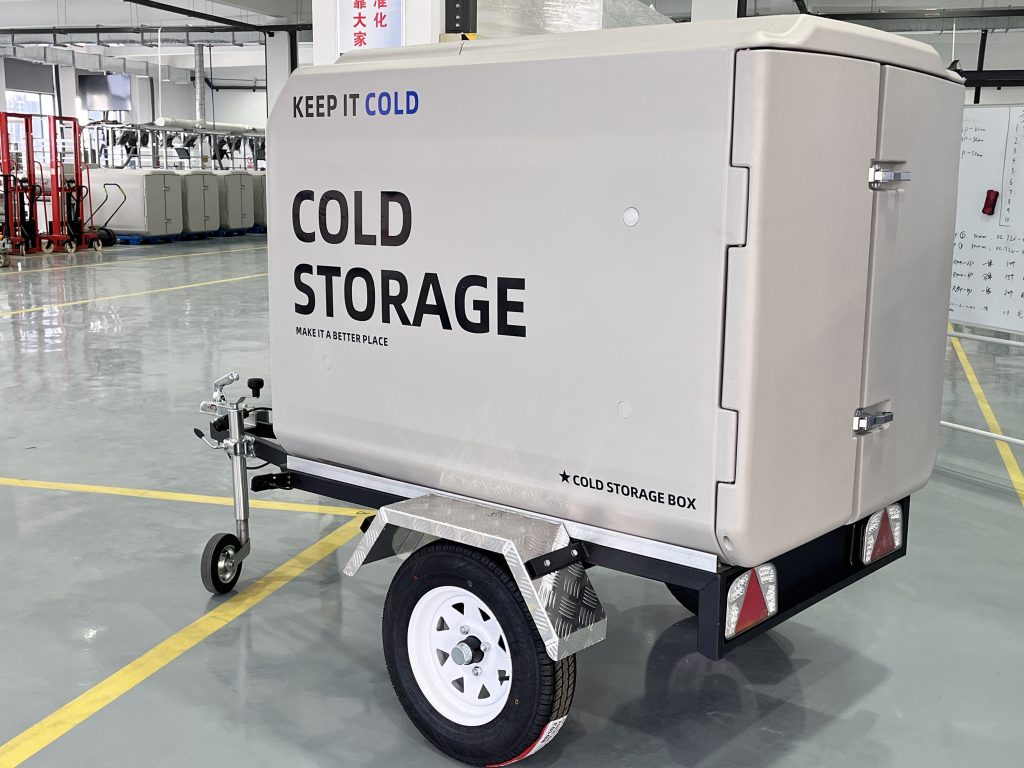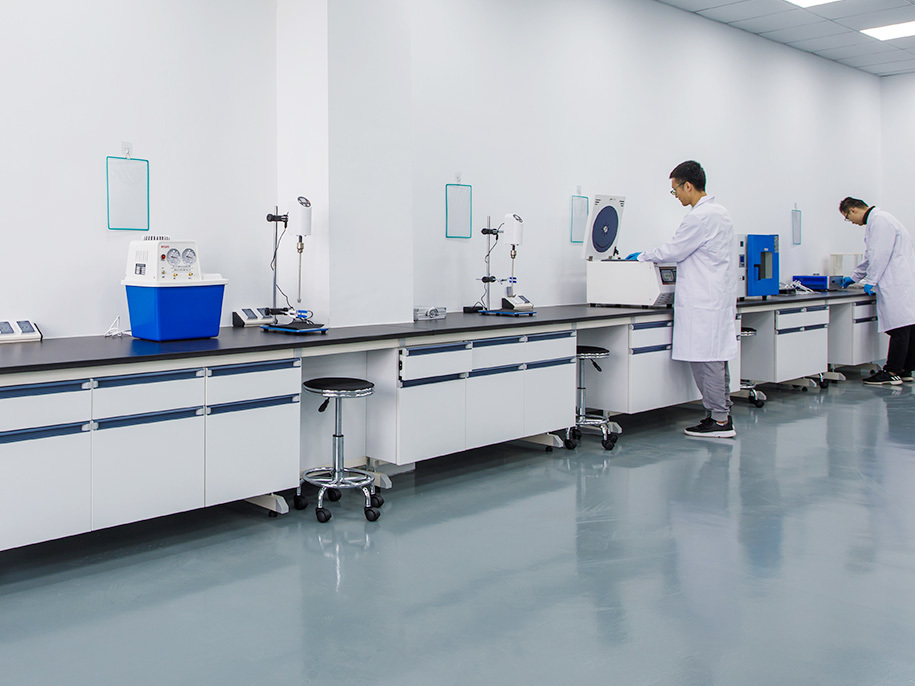The Future of Cold Chain Logistics: How Graphene Technology is Changing the Game
Introduction
Cold chain logistics is the backbone of modern supply chains, ensuring the safe transportation of perishable goods such as food, pharmaceuticals, and biological materials. However, traditional refrigeration systems face significant challenges, including high energy consumption, slow cooling speeds, and environmental concerns. The introduction of graphene-based refrigeration technology is set to revolutionize the industry by offering faster cooling, improved energy efficiency, and a more sustainable alternative.

The Challenges in Cold Chain Logistics
Despite advancements in refrigeration, cold chain logistics continues to struggle with:
- High Energy Consumption – Traditional cooling systems rely on energy-intensive compressors and refrigerants, increasing operational costs.
- Slow Cooling Speeds – Delayed temperature control can lead to product degradation, particularly in pharmaceuticals and fresh produce.
- Environmental Concerns – Many refrigerants contribute to global warming and ozone depletion, making the industry less sustainable.
- Inconsistent Temperature Control – Temperature fluctuations can compromise product integrity, especially in long-haul transportation.
- Reliance on Diesel-Powered Systems – Many refrigerated transport systems still depend on diesel engines, increasing emissions and costs.
Graphene technology offers innovative solutions to address these pain points, making it a game-changer for the industry.
How Graphene is Revolutionizing Cold Chain Logistics
Graphene, a single layer of carbon atoms arranged in a hexagonal lattice, possesses remarkable thermal and electrical properties. When applied to refrigeration systems, it significantly enhances performance in the following ways:
1. Faster Cooling Rates
Graphene-enhanced refrigeration units demonstrate rapid temperature drops, achieving critical cooling thresholds much faster than traditional systems. Some units can reduce temperatures to -15°C in just 30 minutes, improving efficiency and product safety.
2. Energy Efficiency and Cost Reduction
Thanks to its superior thermal conductivity, graphene enables more effective heat dissipation, reducing the energy required for cooling. This translates to lower electricity consumption and operational cost savings, particularly in long-haul and last-mile logistics.
3. Sustainability and Environmental Benefits
Graphene-based cooling systems are designed to operate with lower refrigerant volumes and alternative energy sources, such as lithium battery systems and solar power. This shift reduces reliance on diesel-powered refrigeration, lowering carbon footprints and promoting greener logistics operations.
4. Versatility Across Multiple Cold Chain Applications
Graphene cooling technology is being integrated into various refrigeration systems, including:
- Electric refrigerated trucks – Optimized for last-mile deliveries and urban logistics.
- Modular refrigeration units – Portable units that transform standard vehicles into refrigerated transporters.
- Cold storage solutions – Smart, energy-efficient warehouse refrigeration.
- Pharmaceutical logistics – Ensuring precise temperature control for vaccines and biologics.
Real-World Applications and Case Studies
Several companies and logistics providers are already incorporating graphene-enhanced refrigeration into their operations, demonstrating its effectiveness:
1. Cold Chain Logistics for Pharmaceuticals A graphene-based refrigeration system was recently tested in a pharmaceutical distribution network. The results showed 30% faster cooling and 25% energy savings, ensuring the safe transport of vaccines requiring strict temperature controls.
2. Fresh Produce Supply Chains A food distributor implemented graphene-enhanced cooling in its refrigerated transport fleet. The system maintained optimal storage temperatures while reducing overall energy costs by 40%, minimizing food spoilage and waste.
3. Sustainable Cold Storage Solutions A cold storage facility adopted graphene-integrated cooling units to enhance efficiency. These units maintained stable temperatures with lower power consumption, aligning with global sustainability goals.
Market Trends and Future Prospects
The adoption of graphene technology in cold chain logistics aligns with key industry trends:
- The Rise of Electric and Hybrid Refrigerated Transport – As governments push for reduced emissions, graphene-based cooling will play a crucial role in supporting electric refrigerated vehicles.
- Smart Cold Chain Logistics – IoT-enabled graphene refrigeration units will provide real-time temperature monitoring and predictive maintenance capabilities.
- Increased Investment in Sustainable Cold Chain Solutions – With growing environmental concerns, companies are looking for greener alternatives to traditional refrigeration.
Conclusion: The Future is Graphene-Powered
Graphene technology is reshaping the future of cold chain logistics by addressing efficiency, cost, and sustainability challenges. Its ability to accelerate cooling, reduce energy consumption, and lower environmental impact makes it a transformational solution for the industry.
As logistics providers and manufacturers continue to innovate, graphene-based refrigeration systems will become the gold standard for modern, sustainable cold chain operations.
Are you ready to explore the future of cold chain logistics with graphene technology? Let’s connect and discuss how these solutions can benefit your business!

